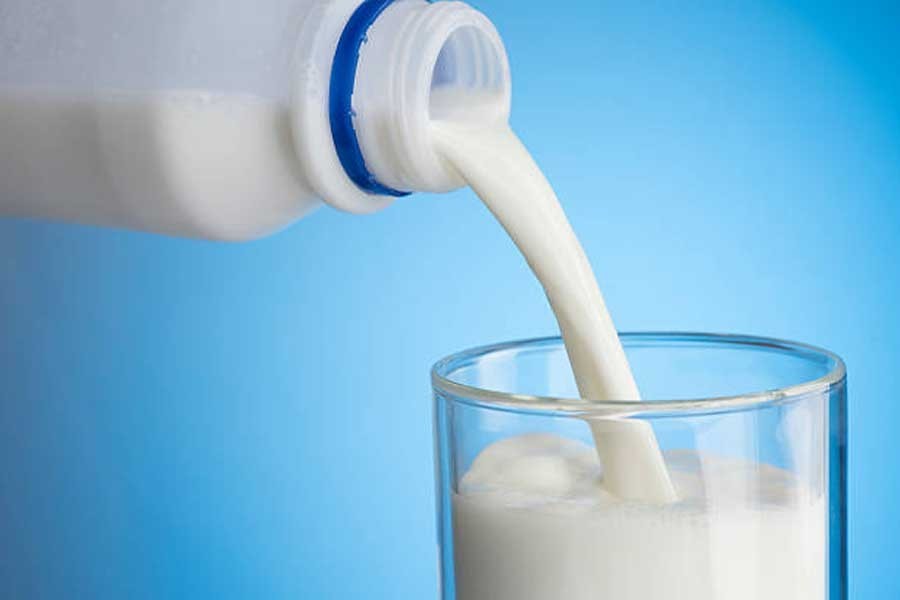Consumers have ample reasons to be confused over the issue of purity of pasteurised milk now available in the market.
The globally reputed International Centre for Diarrhoeal Diseases, Bangladesh (ICDDR,B) in a research study had detected harmful bacteria in 75 per cent of samples of milk marketed by various companies.
The ICDDR,B finding, first published in the prestigious International Journal of Food Microbiology last year and later in the local media, prompted a Supreme Court lawyer to file a writ seeking direction from the High Court. A two-judge HC bench ordered the Bangladesh Standards and Testing Institution (BSTI) to investigate and inform the court.
The BSTI, accordingly, examined the samples of 14 milk brands and last Tuesday submitted a report to the court. The BSTI in the report said it has found no harmful elements in the milk samples of different brands, including Aarong Dairy, Farm Fresh Milk, Milk Vita, Aftab, Ultra, Tania, IGLOO, Pran and Dairy Fresh.
Coincidentally, Dhaka University (DU) researchers on the same day published a report claiming that they found traces of detergent and antibiotics in seven different samples of pasteurised milk that they had examined. Samples belong to most of the brands that got clearance from the BSTI. The Pharmacy Department and the Biomedical Research Centre of the DU jointly carried out the examination in the wake of growing concern among the government as well as the general consumers over the quality of daily consumables.
The DU researchers disclosed that antibiotics found in the milk samples are generally used to treat humans, not animals. Besides, they also found textile dyes in turmeric samples. The DU teachers also said 69 out of 71 items they had examined using the BSTI standards were not up to the mark.
So, what conclusion should the consumers draw from three different research findings?
However, it can be safely said that most consumers, rightly or wrongly, would reject the BSTI findings even without the slightest hesitation. Unfortunately, they do not hold this state agency in high esteem. Nor do they attach much value to the BSTI approval seals printed on packages of most essential items.
The popular perception is that one can easily manage approval from government agencies. And how it is done can be anybody's guess.
The responsibility of the BSTI does not end with the granting of approval seals to the manufacturing and marketing companies. It is supposed to constantly monitor the quality of the goods by taking random samples from the market and initiating proper legal actions against the offenders.
But the Institute, aided by executive magistrates and law enforcing agencies, only occasionally carries out raids in different markets or manufacturers' places. That is not enough in a country where even large manufacturers and importers do either resort to the act of adulteration or produce goods giving a damn to consumers' physical safety.
There is quite a number of state agencies in place to protect the consumers' rights. But the menace of adulteration is yet to be controlled to a tolerable extent. Most consumers are aware of widespread adulteration. Some drastic measures need to be taken at the ground level to strike fear in the minds of dishonest manufacturers and marketers of consumables.


